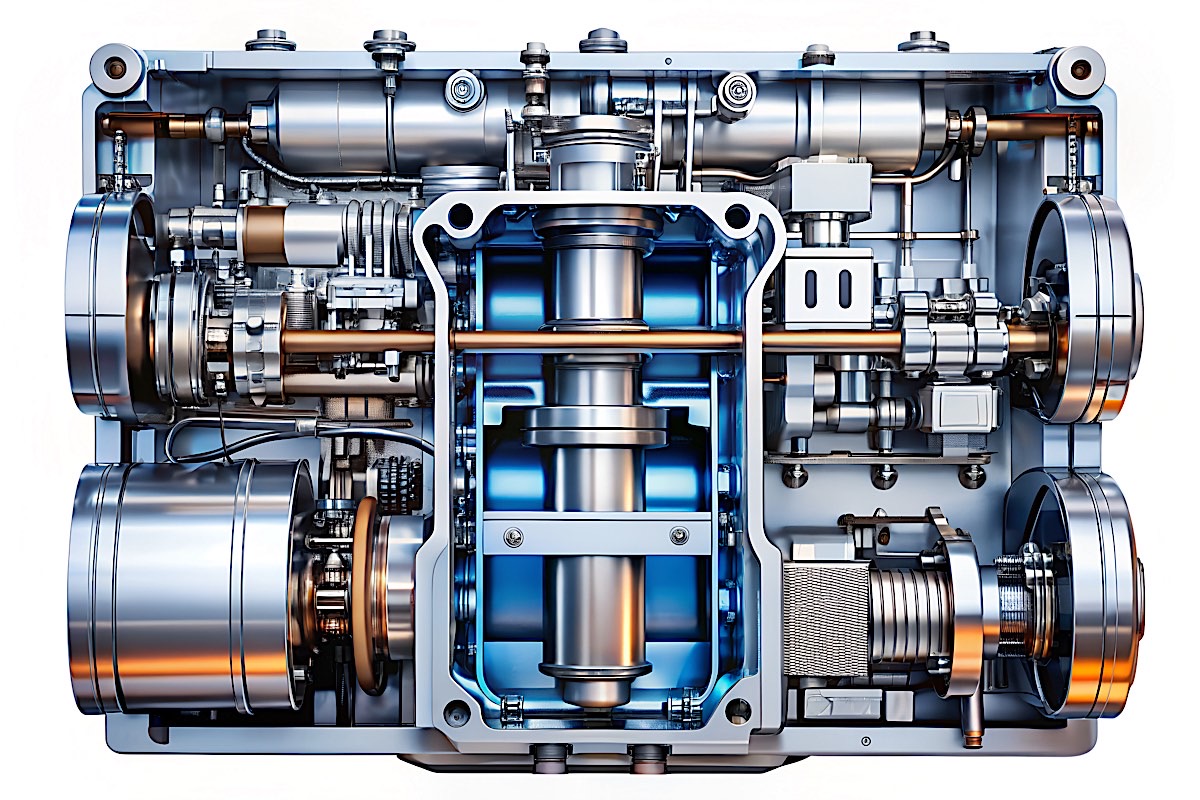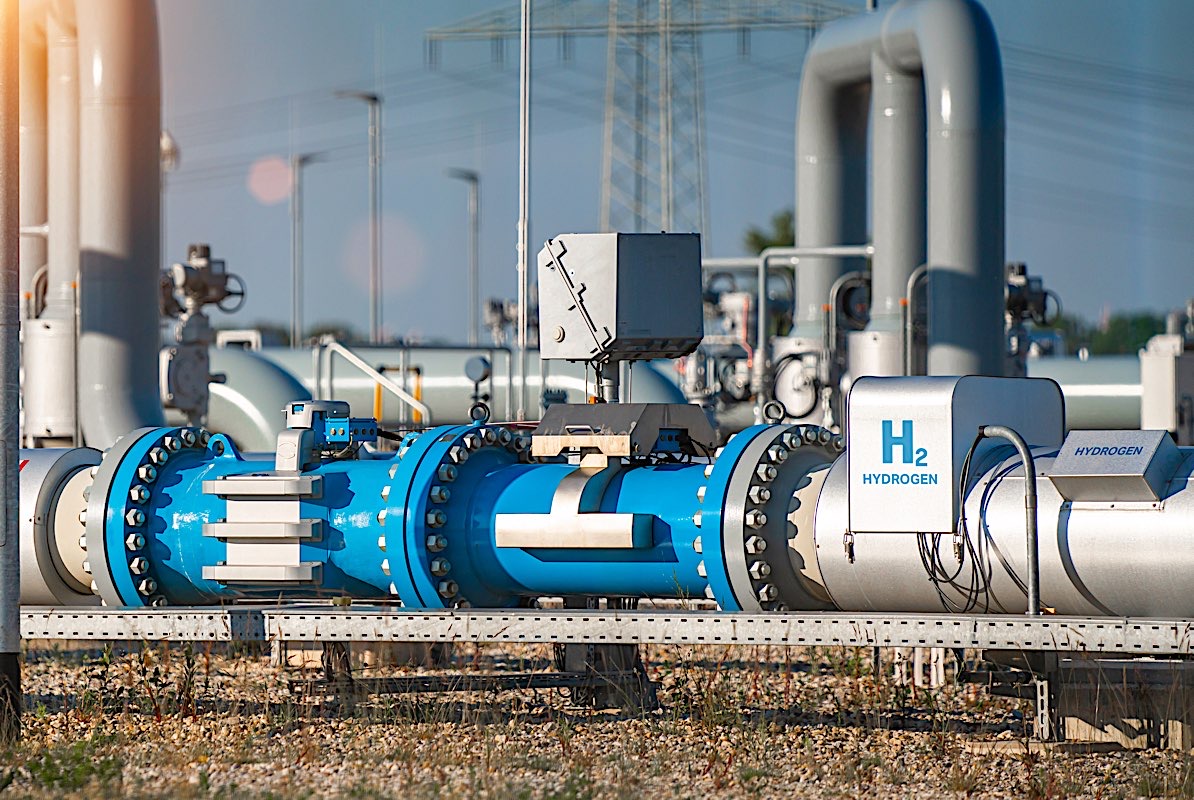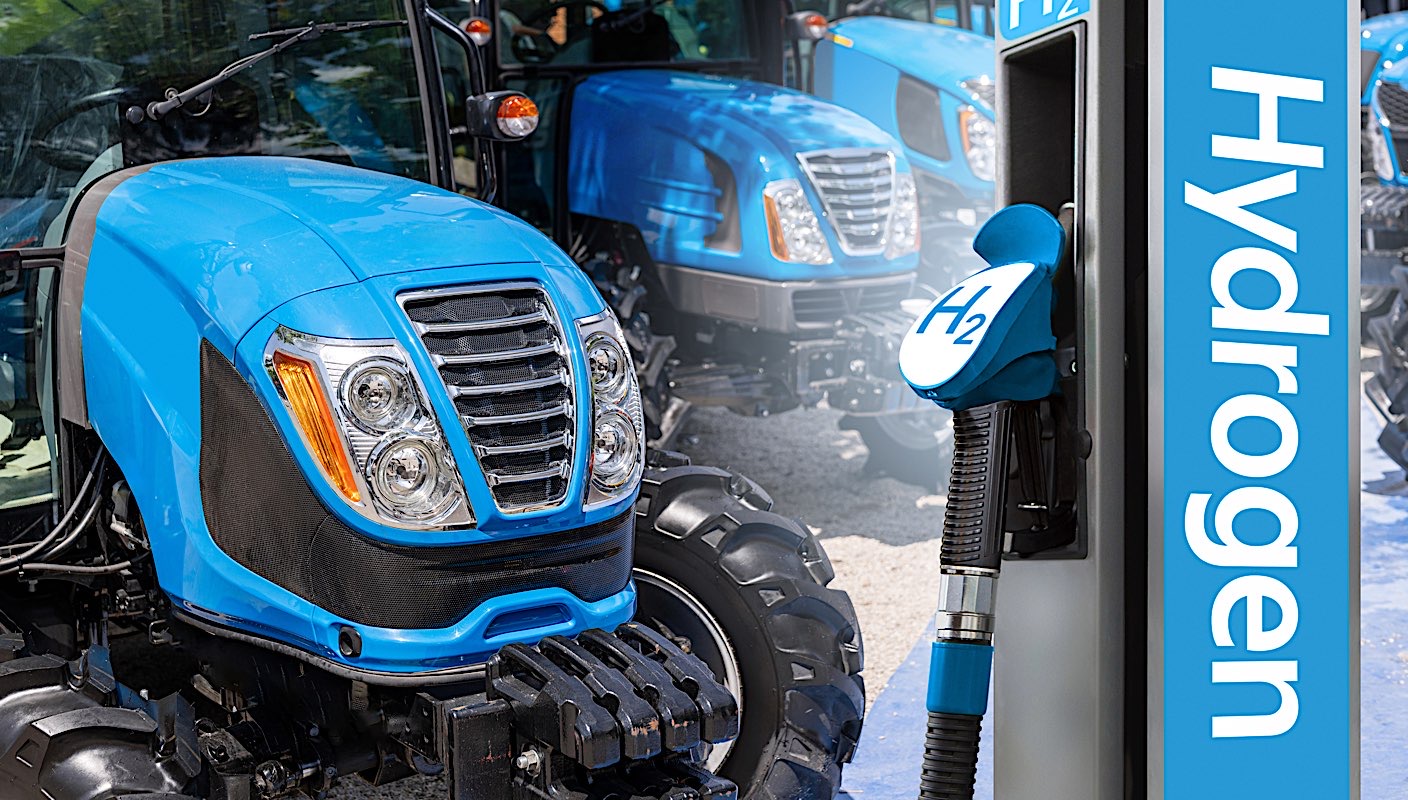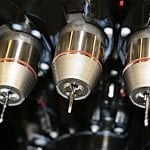The potential for hydrogen to revolutionize the heavy-duty industrial equipment broad sector is a pressing priority for engineers.Hydrogen fuel cells offer a unique combination of high efficiency and zero emissions, making them a game-changing technology in any field, but especially for industrial machinery.

Hydrogen fuel cells convert chemical energy directly into electrical energy through a reaction between hydrogen and oxygen. This process produces only water and heat as byproducts, offering a clean, efficient power source. As an engineer, you understand the critical importance of optimizing performance while minimizing environmental impact. Here are some key aspects that make hydrogen fuel cells an attractive option:
- High Efficiency: Hydrogen fuel cells convert energy at a higher efficiency rate compared to conventional internal combustion engines.
- Zero Emissions: The only byproducts are water and heat, significantly reducing the environmental footprint.
- Energy Density: Hydrogen has a high energy density, meaning fuel cells can provide substantial power without compromising machinery performance.
- Scalability: Suitable for both small and large-scale industrial applications, from forklifts to large transport vehicles.
Quick Facts
- Hydrogen fuel cells have a higher energy density compared to batteries
- Refueling hydrogen fuel cells is faster than recharging batteries
- Hydrogen can be produced from various sources including natural gas, water, and biomass
- Hydrogen fuel cells can operate in a wide range of temperatures
- Hydrogen fuel cells have fewer moving parts, potentially reducing maintenance costs
- Hydrogen can be produced from various sources including natural gas, water, and biomass
- Heavy-duty industrial equipment often requires high power and long operating hours
- Initial costs for hydrogen fuel cell systems are currently higher than traditional engines

How Hydrogen Fuel Cells Work
Once the separation occurs, protons pass through the electrolyte while electrons create an external circuit, generating an electric current. This electricity can then be harnessed to power heavy-duty industrial machinery. Meanwhile, at the cathode, the protons, electrons, and oxygen combine to produce water and heat, which are harmless byproducts. Essentially, this process results in a highly efficient and eco-friendly energy source, perfect for industrial applications.
One key advantage of hydrogen fuel cells in heavy-duty machinery is their ability to provide sustained and consistent power output. Unlike batteries, which need recharging and can experience degradation over time, hydrogen fuel cells can continuously produce electricity as long as they are supplied with hydrogen and oxygen. This makes them particularly suited for demanding industrial environments where reliability and long operational periods are crucial.

Hydrogen fuel cells offer a rapid refueling process. Refueling a hydrogen-powered machine can take mere minutes, similar to refueling a conventional diesel engine, which minimizes downtime and boosts productivity. This contrasts sharply with battery-electric alternatives, which often require extended charging periods.
Fast Stats
- Hydrogen fuel cells can achieve up to 60% efficiency in converting fuel to electricity
- Heavy-duty vehicles account for 25% of global transportation emissions
- Hydrogen fuel cell forklifts can operate for 8-10 hours on a single charge
- Refueling hydrogen fuel cell vehicles takes less than 10 minutes
- Hydrogen fuel cells produce zero emissions at the point of use
- The global hydrogen fuel cell market is projected to reach $42 billion by 2030
Transforming the Mining Industry with Hydrogen Fuel Cells
Adopting hydrogen fuel cells in mining machinery could revolutionize the industry by significantly lowering greenhouse gas emissions. According to a report from Cummins, hydrogen fuel cells achieve up to 50-70% reduction in CO2 emissions compared to traditional diesel engines. Cummins and Komatsu are at the forefront of this transformation, developing hydrogen fuel cell-powered trucks that can haul vast amounts of ore while emitting zero emissions on-site.
Operational Efficiency: The mining sector demands robust power sources to handle extreme conditions and heavy loads. Hydrogen fuel cells not only meet these requirements but also offer superior fuel efficiency and lower operational costs over time. According to Mining.com, hydrogen fuel cell systems have an efficiency rate of up to 60%, making them a more cost-effective option over their lifecycle.
Health and Safety Benefits: Beyond the obvious environmental advantages, hydrogen fuel cells contribute to better working conditions underground. Traditional diesel-powered machinery can lead to harmful air quality due to exhaust pollutants. The implementation of hydrogen fuel cells, however, virtually eliminates the risk of such pollutants, thus enhancing miners’ health and safety.
Future Prospects: The mining industry’s commitment to sustainable practices is evident as companies like BHP and Anglo American explore hydrogen as a viable alternative to fossil fuels. This shift is not just beneficial for the environment but is also aligning with global initiatives toward a hydrogen economy. The anticipated surge in hydrogen fuel cell adoption underscores the industry’s dedication to decarbonization and its role in sustainable development.

Hydrogen Fuel Cells in Agricultural Equipment
Imagine a future where tractors and combine harvesters run on clean hydrogen, emitting nothing more than water vapor. This isn’t a distant dream; it’s becoming a reality thanks to advancements in hydrogen fuel cell technology.
According to a report by the U.S. Department of Energy, hydrogen’s flexibility and high energy density make it an ideal fuel for agricultural machinery, which often requires high power and long operating hours. Companies like New Holland Agriculture have already debuted prototypes powered by hydrogen fuel cells, showcasing the potential for zero-emission farming.
Hydrogen Fuel Cell Applications in Construction Machinery
Manufacturers like Caterpillar, Volvo, and JCB are leading the charge in integrating hydrogen fuel cell technology into their heavy-duty equipment. These advancements are not just about reducing emissions; they also promise to enhance the operational efficiency and longevity of machinery. Hydrogen fuel cells, unlike traditional combustion engines, generate electricity through a chemical reaction between hydrogen and oxygen, emitting only water and heat as byproducts. This makes them the epitome of a zero-emissions solution.
For instance, Hyundai Construction Equipment has unveiled a fuel-cell-powered concept excavator, showcasing the potential of hydrogen technology to revolutionize the construction industry. What sets hydrogen fuel cells apart is their ability to provide continuous power without the need for frequent refueling, a common issue with battery-powered alternatives. This ensures that heavy machinery can operate for longer periods, enhancing productivity and reducing downtime.
Hydrogen fuel cells are exceptionally well-suited for larger machines that demand high energy output and are often used in challenging environments. JCB’s development of purpose-built hydrogen combustion engines for backhoe loaders and telehandlers is a testament to the versatility and adaptability of hydrogen technology in various construction applications.
The collaboration between industry giants like Daimler Trucks and Hyundai Motor Group further underscores the commitment to hydrogen-powered construction machinery. Their joint efforts aim to accelerate the development and deployment of hydrogen fuel cell solutions, paving the way for a greener construction sector.
Hydrogen fuel cells stand poised to transform the construction industry. By offering a robust, zero-emission alternative to traditional fuels, they promise not only to reduce the environmental impact but also to enhance the efficiency and performance of construction machinery. As more manufacturers and stakeholders embrace this technology, the future of construction looks cleaner and more sustainable than ever.
Challenges and Solutions in Hydrogen Fuel Cell Adoption
In the heavy industry, the successful adoption of hydrogen fuel cells faces several key challenges.
- High transient response times can disrupt operations requiring consistent power delivery. Overcoming this demands advanced engineering to ensure seamless integration with existing machinery.
- The necessity for sophisticated electronics and high-capacity cooling systems raises both initial and ongoing costs, compelling industries to seek cost-effective implementations.
- Managing de-ionized water requirements also poses logistical hurdles, particularly in remote or arid regions.
- The sensitivity to dust and vibration in rugged industrial environments necessitates robust, durable designs to maintain efficiency and reduce maintenance downtime. Addressing these challenges through targeted innovations and partnerships will be essential for widespread hydrogen fuel cell adoption in heavy-duty industrial machinery.
































